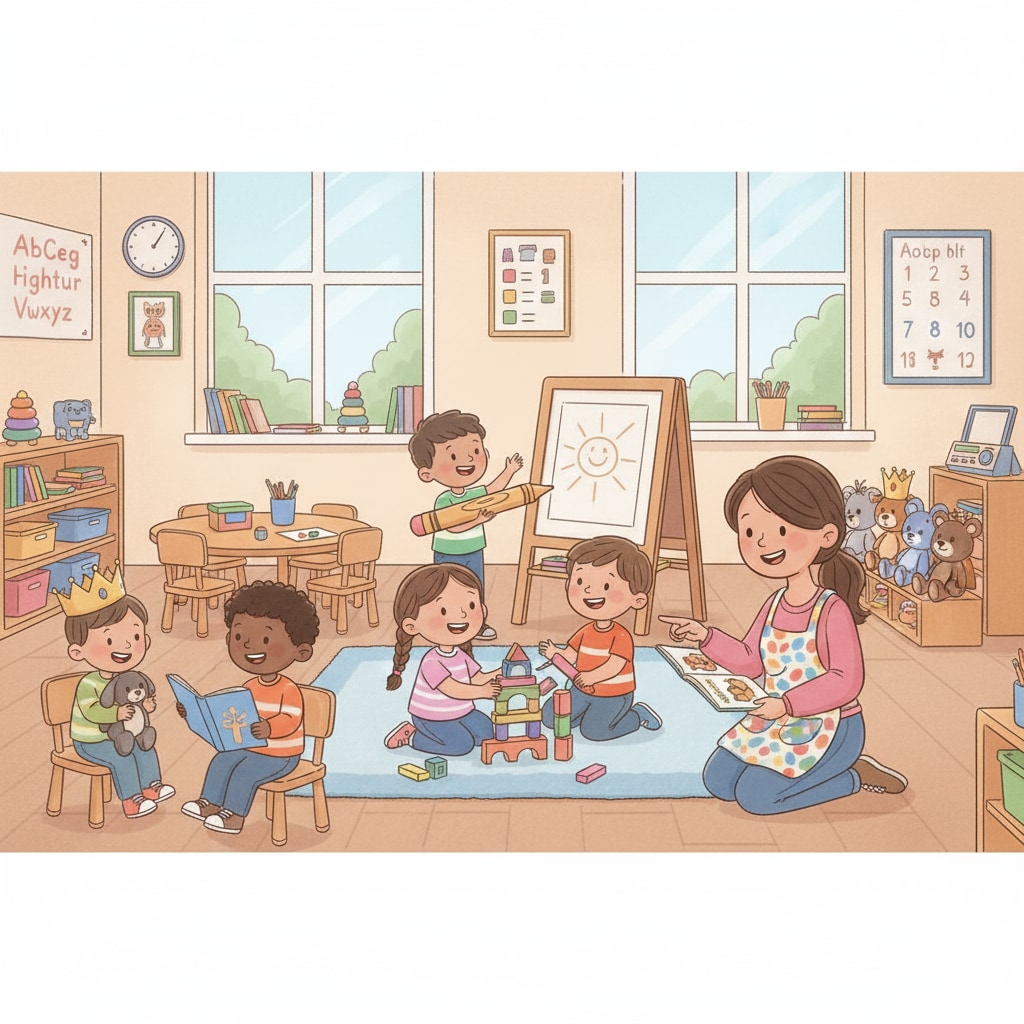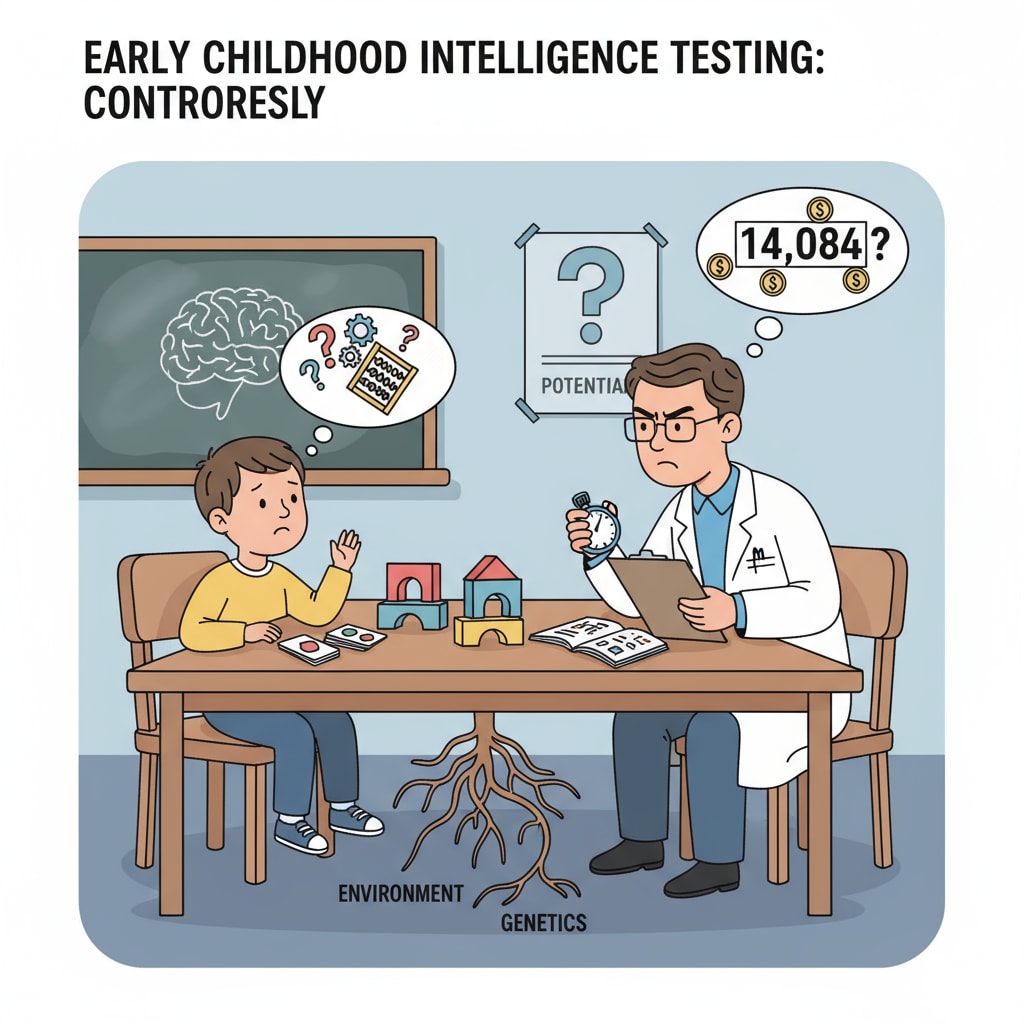The debate over gifted programs in preschool, a crucial aspect of early childhood education, has once again brought the issue of educational equality to the forefront. In New York City, the preschool gifted program has become a lightning rod for controversy, sparking discussions about the balance between providing opportunities for talented young children and ensuring fairness in the education system.

The Origins of the Preschool Gifted Program
The preschool gifted program in New York City was initially established with noble intentions. It aimed to identify and nurture young children with exceptional intellectual abilities, providing them with specialized educational resources to reach their full potential. Gifted education on Wikipedia explains that such programs are designed to challenge and stimulate gifted students, allowing them to progress at a faster pace.
The Controversy Surrounding Intelligence Testing
One of the main points of contention in this debate is the use of intelligence tests for four-year-old children. Critics argue that these tests may not accurately measure a child’s true potential. At such a young age, a child’s development can be highly variable, and a single test may not capture their full capabilities. Intelligence tests on Britannica states that the validity of these tests for young children is often questioned.

Moreover, the tests may be influenced by factors such as a child’s cultural background, language proficiency, and family environment. This could lead to unfair advantages or disadvantages for certain groups of children, undermining the goal of educational equality.
Resource Allocation and Inequality
Another significant issue is the distribution of educational resources. The gifted programs often receive a disproportionate share of resources, including highly trained teachers and specialized learning materials. This can create a divide between children in the gifted programs and those in regular classes, exacerbating educational inequality.
In addition, access to these programs is often limited, and the selection process can be competitive. This means that children from more affluent families may have an edge, as they may have more resources to prepare their children for the tests or access additional educational support.
Readability guidance: The preschool gifted program in New York City has raised important questions about educational equality. As we’ve seen, issues related to intelligence testing and resource allocation play a significant role in this debate. Moving forward, it’s crucial to find a balance that ensures all children have equal opportunities to thrive in the education system.


